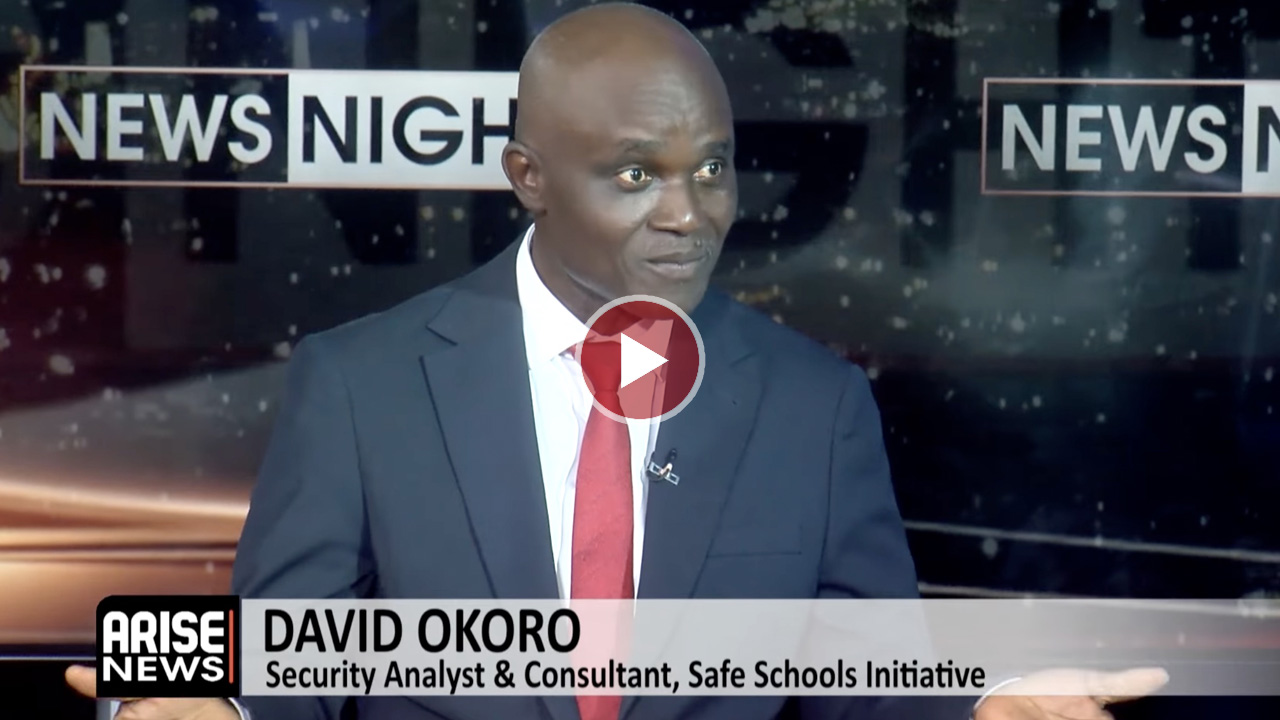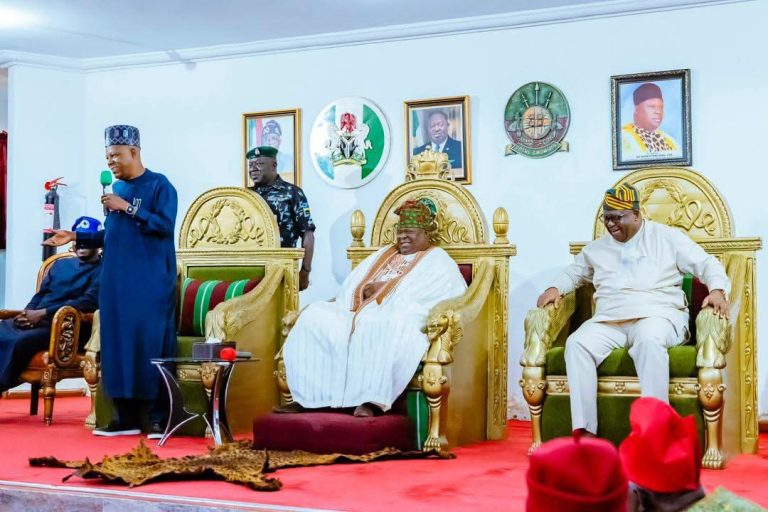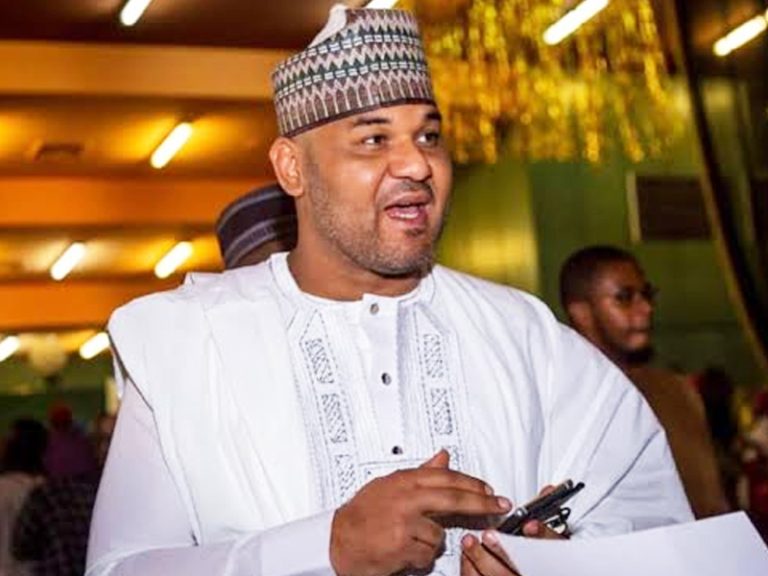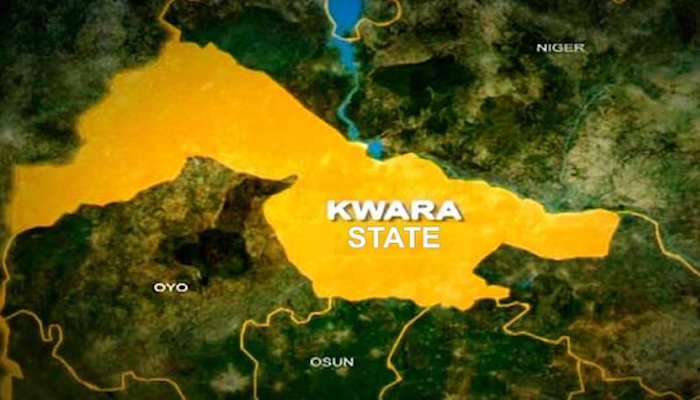

A security analyst and consultant to the Safe Schools Initiative, David Okoro says the abduction of 25 schoolgirls in Kebbi State could have been prevented if the Federal Government had continued funding the Safe School Programme introduced in 2022.
Speaking during an interview with ARISE News on Tuesday, Okoro said Nigeria had already developed a comprehensive, internationally backed plan to protect schools, but the initiative stalled because “the current government did not understand what this was all about and they didn’t put money behind it.”
Okoro began by expressing sympathy over the killings and abduction.
“Maybe I should start by expressing my condolence to the families of those who lost their lives in Kebbi State and to the parents of the girls that were taken. Unfortunately, their parents are not happy at this moment,”he said.
“But in the circumstance we find ourselves as a country—where the structures to protect schools are not there—these kinds of incidents are bound to happen.”
He explained that Nigeria has an estimated 168,000 schools, most of which lack adequate protection.
“The right environment is not provided, and with the activities of bandits and criminals, kidnappers will definitely target schoolchildren for ransom. Terrorists also kidnap schoolchildren because it creates an exaggerated sense of insecurity,” he said.
“It is the responsibility of government to ensure this does not happen, but the structure to prevent it is not there.”
Okoro clarified the difference between the original Safe School Initiative, launched after the Chibok abductions, and the Safe School Programme developed by the Nigerian government after a major international conference in Abuja in 2021.
“In 2021, there was a high-level conference in Abuja because Nigeria had become a laughingstock to the world—you can’t protect your children,” he said.
“The Ministry of Finance was directed to develop a costed plan on how Nigeria intended to protect its schools. A committee was set up—I was a member from day one. We developed a plan with inputs from Defence Headquarters, the police, DSS, civil defence and others.”
The plan was launched in December 2022, and the Buhari administration released an initial ₦16 billion to kickstart implementation.
“Funding was provided and implementation started. We trained the police, the military, civil defence, vigilantes—everyone. I travelled to border communities in Sokoto to assess school vulnerabilities,” Okoro said.
But the programme stalled with the change of government.
“When this government came in, no more funds were provided. Everything you heard about Safe School was the initial ₦16 billion. When that was exhausted, the programme ran out of order,” he said.
Okoro insisted that the Kebi abduction, where a vice principal was killed should not have happened.
“This plan was globally acclaimed as a programme that had the capacity to address issues of school safety,” he said.
“If it had been implemented, it would have been difficult for this kind of abduction to take place. There would have been an emergency call to the Safe School Response Centre in Abuja, and troops would have been deployed immediately.”
He said the programme also required community mobilisation.
“When you take children like this, you pass through several communities. Those communities were supposed to be trained and sensitised to alert the necessary agencies,” he explained.
“The whole-of-society approach was the philosophy behind the plan—vigilantes, farmers, herders, everyone was supposed to be involved.”
Reacting to claims that the bandits moved from Zamfara into Kebi State, Okoro said such movement exposes weak coordination among states and security agencies.
“If this programme was implemented, there would have been training, sensitisation and rapid response. That is why there was no response while the abduction lasted, and why retrieving the girls is now a challenge,”he said.
He dismissed suggestions that the Safe School Programme merely replicated earlier initiatives.
“No, it wasn’t the same thing,”he said. “Defence Headquarters was involved, the police were involved, all stakeholders were carried along. But like I said, it was stopped because the current government did not understand what it was about and they didn’t fund it.”
Asked how much would be required to fully secure schools across Nigeria, Okoro said:
“For the four-year period, the federal government was supposed to spend ₦144 billion. The international community and private sector were supportive, but only ₦16 billion was provided.”
He urged the government to revive the programme immediately to prevent further tragedies.
Boluwatife Enome



